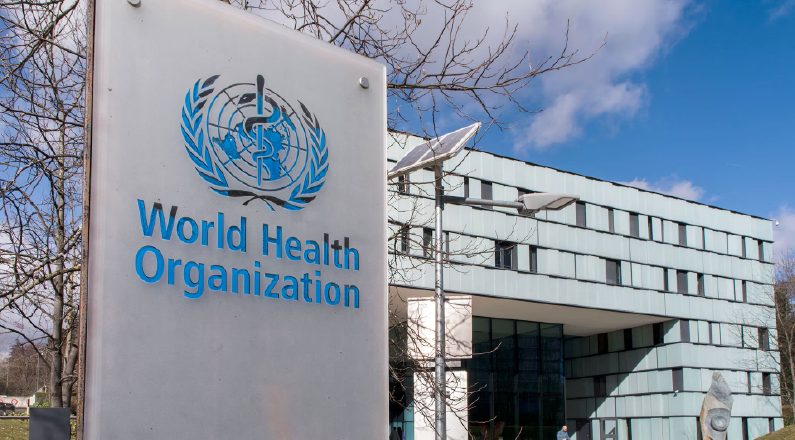The World Health Organization has rejected claims that using paracetamol during pregnancy increases the risk of autism, calling such suggestions misleading and unsupported by science.
In a statement issued on Thursday, WHO said there was “no consistent association” between the painkiller, widely known as acetaminophen, and autism spectrum disorder (ASD). The organisation noted that large-scale studies carried out over the past decade had failed to establish a credible link.
“Extensive research has been undertaken over the past decade. At this time, no consistent association has been established,” WHO stated.
The clarification followed remarks by former US President Donald Trump, who earlier this week announced that the Food and Drug Administration would warn doctors of a supposed connection. He went further, suggesting women should “tough it out” when experiencing pain during pregnancy rather than rely on medication.
Trump’s comments drew swift criticism from medical experts who warned that discouraging safe pain relief could put both mothers and unborn children at risk. “Pregnant women should be guided by science and the advice of their physicians, not by unverified claims,” said Dr Sarah Daniels, a London-based obstetrician, in an interview.
WHO also addressed broader misconceptions about autism. It explained that the condition is a complex neurodevelopmental disorder influenced by multiple factors, including genetics and early brain development, and cannot be attributed to a single cause such as painkiller use.
The organisation took the opportunity to debunk another long-standing myth: that vaccines cause autism. “Independent experts advising WHO have repeatedly confirmed that vaccines, including those with thiomersal or aluminium, do not cause autism,” the body said. Early studies that suggested otherwise have since been discredited.
Child immunisation, WHO added, has saved an estimated 150 million lives over the past 50 years, making it one of the most effective public health measures in history.
The debate over autism and its causes was also on the agenda at the UN High-Level Meeting on Non-Communicable Diseases and Mental Health, held in New York on Thursday. Delegates underscored the importance of greater global investment in research, awareness and dignity for people living with autism.

